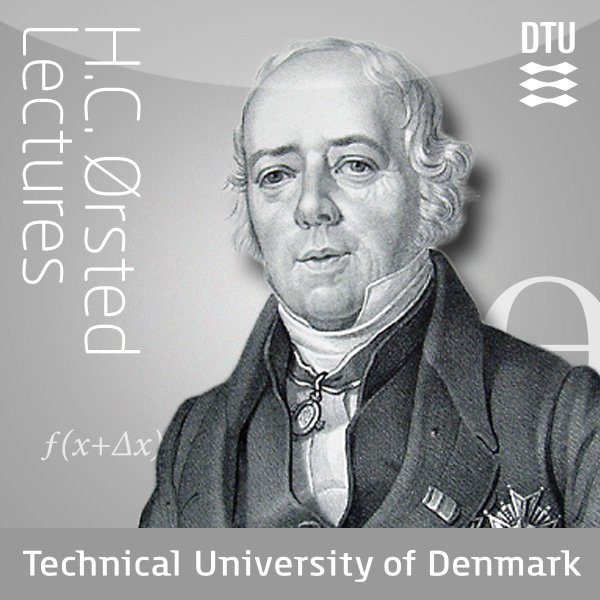- Technology
- SEE MORE
- classical
- general
- talk
- News
- Family
- Bürgerfunk
- pop
- Islam
- soul
- jazz
- Comedy
- humor
- wissenschaft
- opera
- baroque
- gesellschaft
- theater
- Local
- alternative
- electro
- rock
- rap
- lifestyle
- Music
- como
- RNE
- ballads
- greek
- Buddhism
- deportes
- christian
- piano
- djs
- Dance
- dutch
- flamenco
- social
- hope
- christian rock
- academia
- afrique
- Business
- musique
- ελληνική-μουσική
- religion
- World radio
- Zarzuela
- travel
- World
- NFL
- media
- Art
- public
- Sports
- Gospel
- st.
- baptist
- Leisure
- Kids & Family
- musical
- club
- Culture
- Health & Fitness
- True Crime
- Fiction
- children
- Society & Culture
- TV & Film
- gold
- kunst
- música
- gay
- Natural
- a
- francais
- bach
- economics
- kultur
- evangelical
- tech
- Opinion
- Government
- gaming
- College
- technik
- History
- Jesus
- Health
- movies
- radio
- services
- Church
- podcast
- Education
- international
- Transportation
- Other
- kids
- podcasts
- philadelphia
- Noticias
- love
- sport
- Salud
- film
- and
- 4chan
- Disco
- Stories
- fashion
- Arts
- interviews
- hardstyle
- entertainment
- humour
- medieval
- literature
- alma
- Cultura
- video
- TV
- Science
- en
Mario Molina - The Science and Policy of Climate Change

b"
Climate change is the most serious environmental challenge facing society in the 21st century. The International Panel on Climate Change concluded in 2007 that there is more than 90% probability that human activities are causing the observed changes in the Earth\\u2019s climate in recent decades. The average temperature of the Earth's surface has increased so far by about 0.8 degrees Celsius since the Industrial Revolution, and the frequency of extreme weather events such as droughts, floods and intense hurricanes is also increasing.\\n
The concentration of carbon dioxide, produced mainly by burning fossil fuels, has increased more than 30% since pre-industrial times. Carbon dioxide is one of several greenhouse gases (GHGs) that trap energy emitted by the Earth to outer space; other greenhouse gases also affected by human activities are methane and nitrous oxide. The consensus of informed experts is that the risk of causing dangerous changes to the climate system increases rapidly if the average temperature rises more than two or three degrees Celsius. Society faces an enormous challenge to effectively reduce greenhouse gas emissions to avoid such dangerous interference with the climate system. This goal can only be achieved by taking simultaneously measures such as significantly increasing energy efficiency in the transportation, building, industrial and other sectors, using renewable energy sources such as solar, wind, geothermal and biomass, and possibly developing and using safer nuclear energy power plants. Fossil fuels such as coal and petroleum can continue to be used beyond a transition period of about one or two decades, but only as long as the emitted carbon dioxide is sequestered and stored in underground reservoirs such as saline domes.